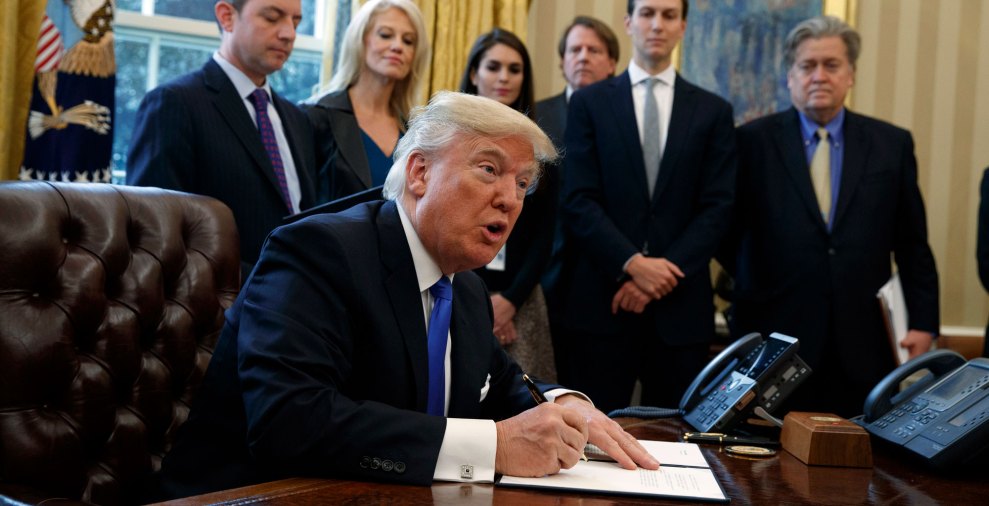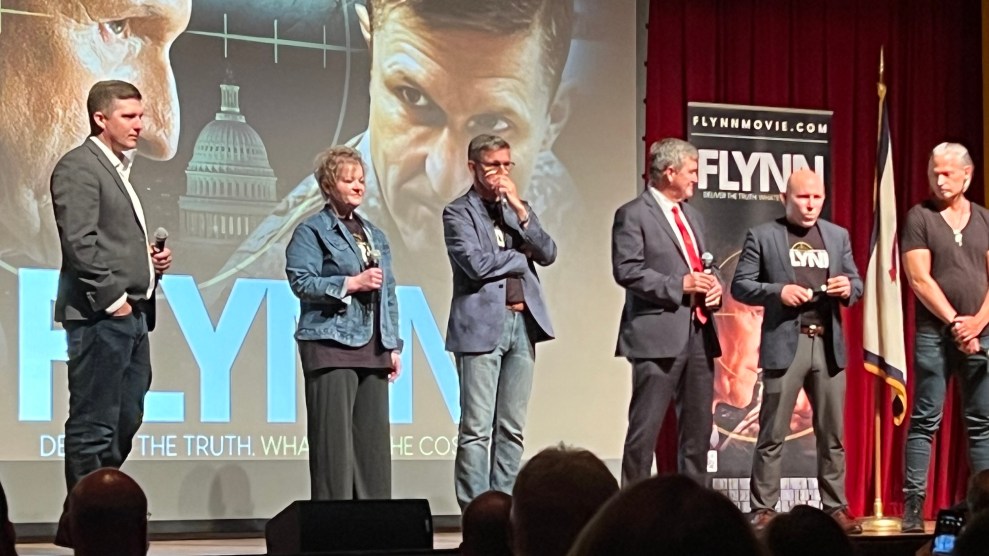“We don’t have to think about how we’re gonna make a profit here. All we have to think about is how we’re gonna provide
a good service to the citizens.” So says Michael McDonald, a veteran water-plant supervisor in Stockton, California, as he decries the city’s $600 million plan to sell its water system. Stockton’s mayor insists the privatization plan will launch a new era
of “customer” service. But McDonald can’t abide the thought of someone profiting by supplying this basic human need.
Stockton’s is just one of three battles pro-filed in this perceptive documentary. Thirst begins in Cochabamba, Bolivia, where Bechtel took over the city’s water supply in 1999, only to have its contract revoked
following violent uprisings over prices. The film also travels to Rajasthan, India’s most arid state, where a populist named Rajendra Singh is leading a boycott of corporate bottled water.
Interspersed are scenes from the World Water Forum in Japan, where development officials scold activists that free water is a fantasy. But Thirst captures the extraordinary lengths citizens will go to to resist water’s conversion into a mere commodity. When it seems that he and his public-water allies have lost their fight in Stockton, Michael McDonald resigns in protest after 26 years on the job.
















